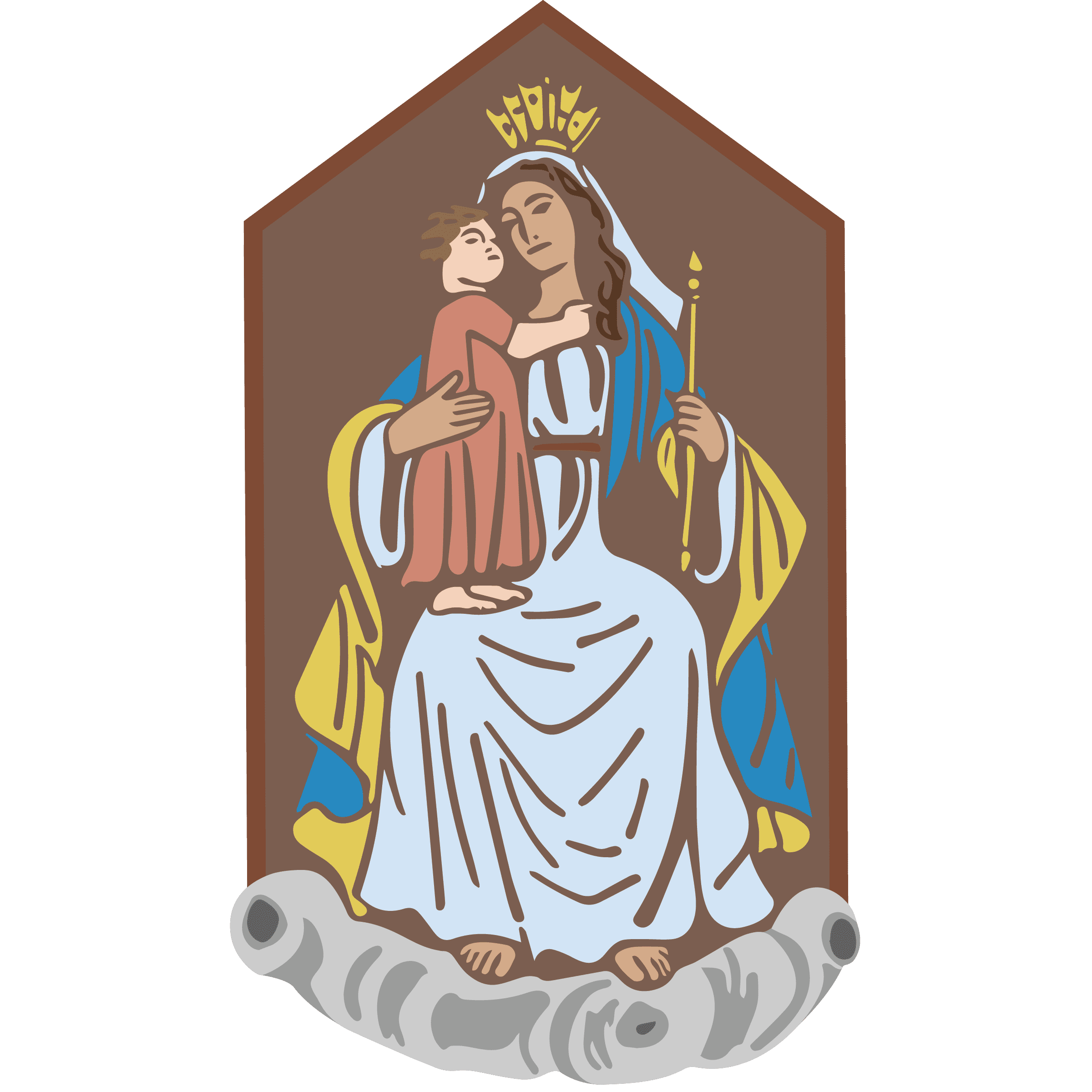From the Pastor’s Desk
February 28 – Second Sunday of Lent
How easy do you find it to trust in God? I don’t know about you, but there have been times in my life that I have found it difficult to trust in God, believing that He really has a plan. When I have to conduct the funeral of a parent leaving behind small children, or the funeral of a teen who died by suicide or a drug overdose, I find myself asking God a lot of questions. Trusting in the paradoxes of God is challenging! For example, in today’s first reading from Genesis, Abraham’s sacrifice of Isaac appears to make no sense at all. The promise to the patriarch seems to be in jeopardy since Abraham can realize the blessing of a great posterity only through Isaac. God’s command is apparently counterproductive. In this account however, the author informs us that this entire actions is designed as a divine testing. It is meant to evoke the patriarch’s wholehearted commitment to God. Abraham thus emerges as the paragon of faith and trust. He learns, painfully perhaps, that we are called to trust in the paradoxes of God.
In the second reading Paul also struggles with trust in divine paradox. He speaks of God as one who did not spare his own Son but handed him over to death for the sake of all humanity. Paul then quickly adds the human trust component to this paradox of live via death. If God has acted in this seemingly bizarre way, the “how will he not also give us everything else along with him?” Paul captures the depth of divine paradox in the death and resurrection of Jesus to elicit human trust in One who apparently does not go by the book! We are called to trust in the paradoxes of God.
The early Christian community saw Good Friday as the great paradox. The kingdom so eloquently proclaimed by Jesus was obviously in jeopardy, if not already snuffed out. However, Mark in today’s Gospel uses the transfiguration to establish the divine paradox. Jesus had earlier enunciated the plan of passion, death, and resurrection. In the transfiguration story, the three disciples share in the divine revelation yet come away discussing the meaning of resurrection. For Mark, the transfiguration makes sense only on the grounds that one presupposes the resurrection follows only after suffering and death. In Mark too, we are called to trust in the paradoxes of God.
The Eucharist provides a fitting setting for the theme of the paradoxes of God. It is the paradox that Jesus’ dying can lead to Jesus’ being raised. The bread and the wine become the symbols of divine paradox. They challenge us to transcend the world of effort and results to accept a God of concern who writes straight with crooked lines. In the Eucharist, too, WE are called to trust in the paradoxes of God!
Have a blessed Lent!
Father Don

